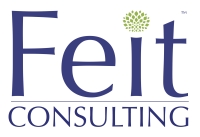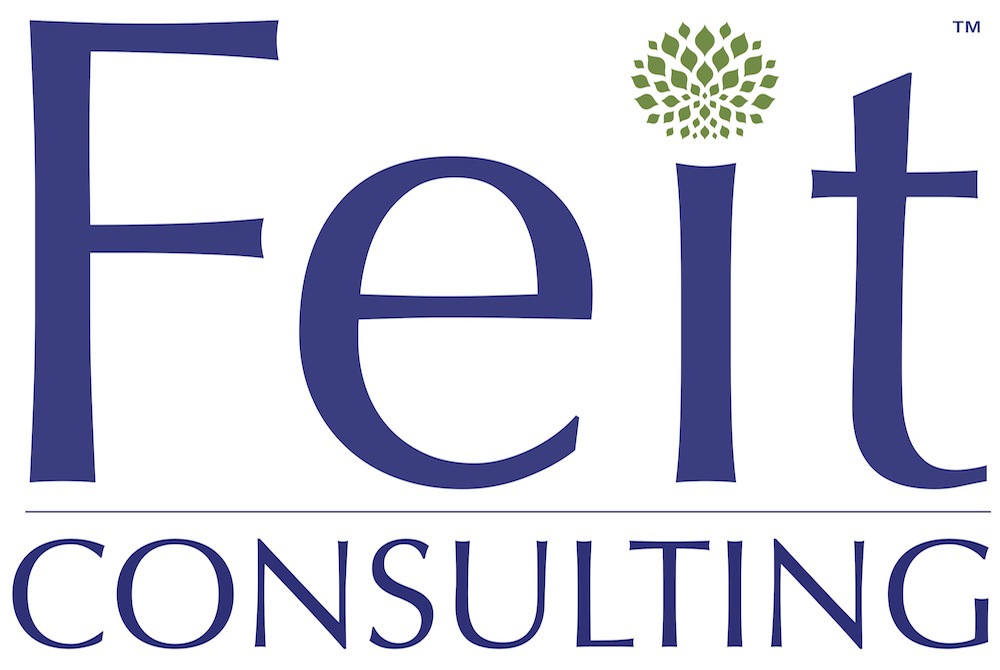
What does it mean to be a Modern Law Library?
By Michael Feit | Feit Consulting , Librarians , Modern Law Library , Resources
The Modern Library is a business within a business, utilizing metrics and analytics to forecast, predict and analyze data as changes occur. More than providing content, the Modern Law Library encompasses a proactive approach and mindset, developing new processes and collaborations to support the business of law. An important component to realizing a Modern Library is open-mindedness by both Administrators and the Library team.
To fully embrace the Modern Library approach, consider the following questions in your role with the Library (whether as a Librarian or an Administrator):
- What can I do differently to offer value to my organization and make them see me and my library in a new way?
- How can I change my habits to actually facilitate change?
- How can I move out of my mindset of but we have always done it that way?
- How can I change the way I work with various departments, my Administrator, my Librarian to support the business of law in an improved, more efficient way?
While law firms have always depended on library and information professionals to support the research needs of their lawyers, the Modern Law Library is undergoing a paradigm shift. Success now depends on the library taking a more active role in the organization, to help support the day-to-day business of law. One such way is providing interdepartmental support.
A few examples of this include:
- Embracing new roles in Conflicts Support for new business intake.
- Partnering with Marketing to provide competitive intelligence to support the RFP process.
- Partnering with IT to identify and beta-test software.
- Driving Knowledge Management.
Becoming a Modern Law Library is not done overnight, or in a week or month. It is complex and includes many little steps in order for a Law Library to modernize. In sum, the Modern Law Library is a trendsetter, evaluating and embracing new techniques, ideas and technology to help support business processes.
Feit Consulting offers Modern Library Audits, examining and recommending changes to save the firm/organization money, improve efficiencies, and maximize utilization of resources. Contact Feit Consulting today to set up a free consultation on modernizing your Law Library today.





